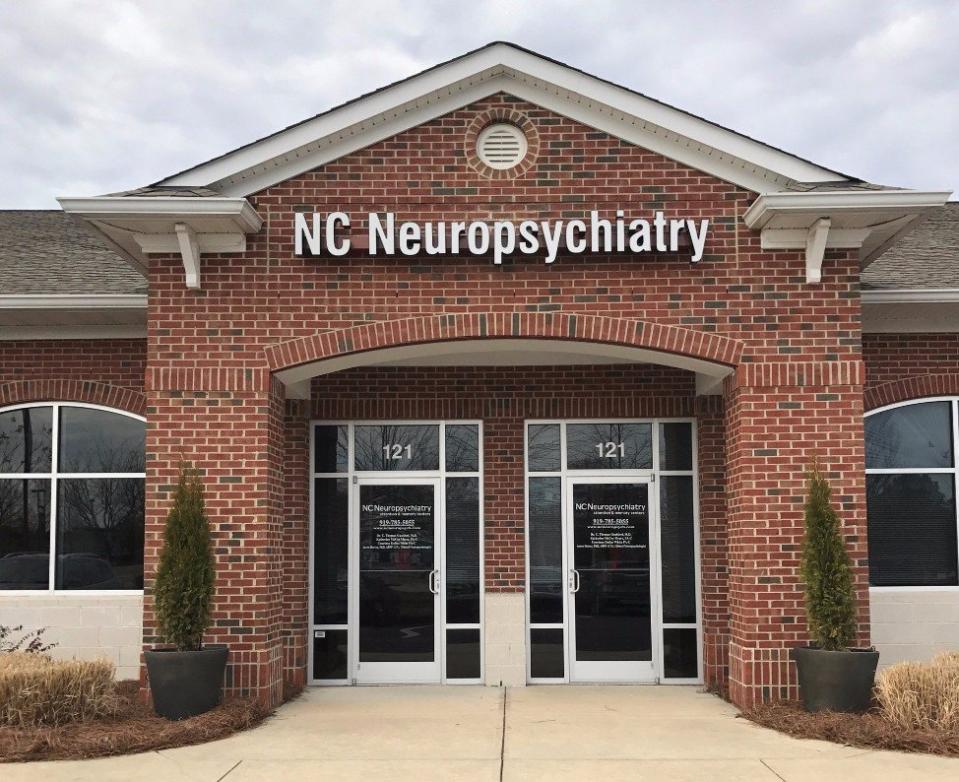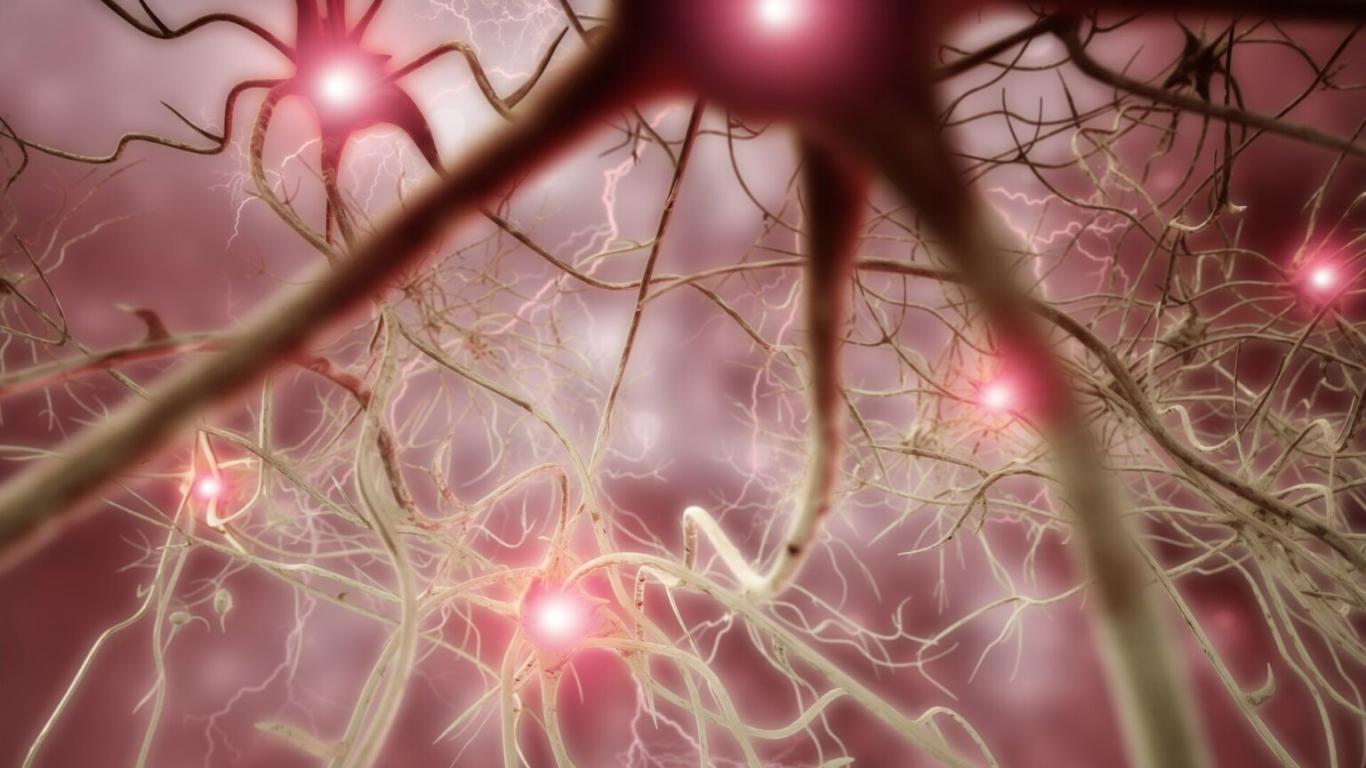How Can I Prevent Neuropsychiatric Disorders?
Neuropsychiatric disorders are a group of conditions that affect the brain, causing a wide range of symptoms, including changes in mood, behavior, and cognition. These disorders can be debilitating, affecting an individual's ability to work, study, and maintain relationships. While there is no cure for many neuropsychiatric disorders, there are steps that can be taken to prevent them or reduce their severity.

1. Healthy Lifestyle:
- Regular Exercise: Physical activity has been shown to reduce the risk of developing neuropsychiatric disorders, including depression, anxiety, and schizophrenia.
- Balanced Diet: Eating a healthy diet rich in fruits, vegetables, and whole grains can help maintain brain health and reduce the risk of neuropsychiatric disorders.
- Adequate Sleep: Getting enough sleep is essential for brain health and can help prevent sleep-related neuropsychiatric disorders, such as insomnia and narcolepsy.
- Stress Management Techniques: Learning and practicing stress management techniques, such as meditation, yoga, and deep breathing exercises, can help reduce stress and lower the risk of developing stress-related neuropsychiatric disorders.
- Avoiding Tobacco, Excessive Alcohol, and Illicit Drug Use: Substance use can increase the risk of developing neuropsychiatric disorders, including addiction, psychosis, and dementia.
2. Early Intervention:
Early detection and intervention are crucial for preventing the progression of neuropsychiatric disorders and improving outcomes. If you experience symptoms of mental illness or neurological problems, such as changes in mood, behavior, or cognition, it is important to seek help immediately.
3. Genetic Counseling:
Genetic counseling can help identify individuals at increased risk for developing neuropsychiatric disorders due to genetic factors. This information can help individuals make informed decisions about family planning and lifestyle choices to reduce their risk.
4. Prenatal Care:
- Taking Prenatal Vitamins: Taking prenatal vitamins, especially folic acid, during pregnancy can help prevent neural tube defects, which are serious birth defects of the brain and spinal cord.
- Avoiding Exposure to Harmful Substances: Pregnant women should avoid exposure to harmful substances, such as alcohol, tobacco, and certain medications, to protect the developing brain of the fetus.
- Managing Underlying Medical Conditions: Managing underlying medical conditions, such as diabetes and hypertension, during pregnancy can help reduce the risk of neuropsychiatric disorders in the child.
- Seeking Regular Prenatal Checkups: Regular prenatal checkups allow healthcare providers to monitor the health of the mother and fetus and identify any potential problems.
5. Childhood Development:
- Providing a Nurturing and Supportive Environment: A nurturing and supportive home environment can help promote healthy childhood development and reduce the risk of neuropsychiatric disorders.
- Encouraging Social and Emotional Development: Encouraging social and emotional development in children can help them develop resilience and coping skills, which can protect against neuropsychiatric disorders.
- Promoting Healthy Sleep Habits: Promoting healthy sleep habits in children can help ensure they get enough sleep, which is essential for brain health and development.
- Addressing Any Developmental Concerns Early: Addressing any developmental concerns early, such as speech delays or behavioral problems, can help identify and intervene in potential neuropsychiatric disorders.
6. Social Support:
Strong social support can help buffer stress and promote resilience, reducing the risk of developing neuropsychiatric disorders. Encouraging individuals to build and maintain strong relationships with family, friends, and community members can help protect their mental health.
7. Mental Health Awareness And Education:

Mental health awareness and education can help reduce stigma and encourage individuals to seek help if they experience symptoms of mental illness. Promoting mental health awareness in schools, communities, and the media can help create a more supportive environment for individuals with neuropsychiatric disorders.
Conclusion:Preventing neuropsychiatric disorders is a complex issue that requires a multi-faceted approach. By adopting a healthy lifestyle, seeking early intervention, promoting mental health awareness, and providing support for individuals at risk, we can work towards reducing the burden of these disorders and improving the lives of those affected.

YesNo

Leave a Reply